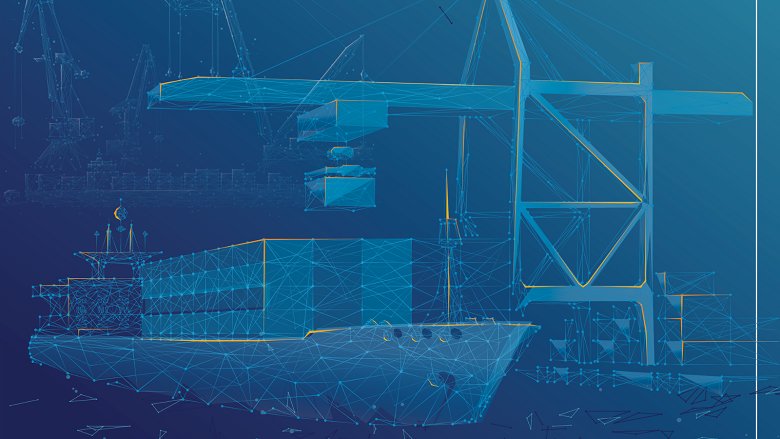About the authors:
Satya Prasad Sahu is a Senior Trade Facilitation Specialist with the World Bank’s Global Practice on Trade and Regional Integration. He specializes in the use of ICT in trade facilitation and works extensively on projects and analytical activities concerning digitalization of international trade, transport, and regulatory procedures.
Periklis Saragiotis is a Senior Private Sector Specialist with World Bank’s Global Practice on Trade and Regional Integration. He has a firm understanding of global trade and transport logistics trends, challenges, and opportunities and possesses extensive experience on trade facilitation compliance policies, especially in relation to the Trade Facilitation Agreement of the World Trade Organization.
Olivier Hartmann is a Senior Private Sector Specialist with World Bank’s Global Practice on Trade and Regional Integration. He specializes in transport and logistics services reforms along international corridors, working on analytical activities and World Bank investment operations in transport and trade facilitation.
Daniel Saslavsky is a Senior Economist with the World Bank’s Global Practice on Trade and Regional Integration. He specializes in trade logistics and connectivity and works on projects and analytical activities aimed at improving the efficiency and delivery of infrastructure services supporting cross border trade.
Pascal Ollivier is President of Maritime Street, advisers to international financial institutions on the digital port infrastructure and maritime trade supply chain. He is the chairman of the International Association of Ports and Harbors data collaboration committee where he is leading accelerating digitalization initiatives with the International Maritime Organization, the World Customs Organization, the World Bank, and the World Economic Forum.
Natalie Gupta works as an Independent Consultant through her own company Port Processes Limited, focusing on ports and shipping and trade facilitation and the energy transition with a particular focus on hydrogen derived fuels. She has previously held corporate roles in Abu Dhabi Ports and Yara Clean Ammonia. Natalie has a PhD in Development Economics and MSc in Finance and Financial Law.
